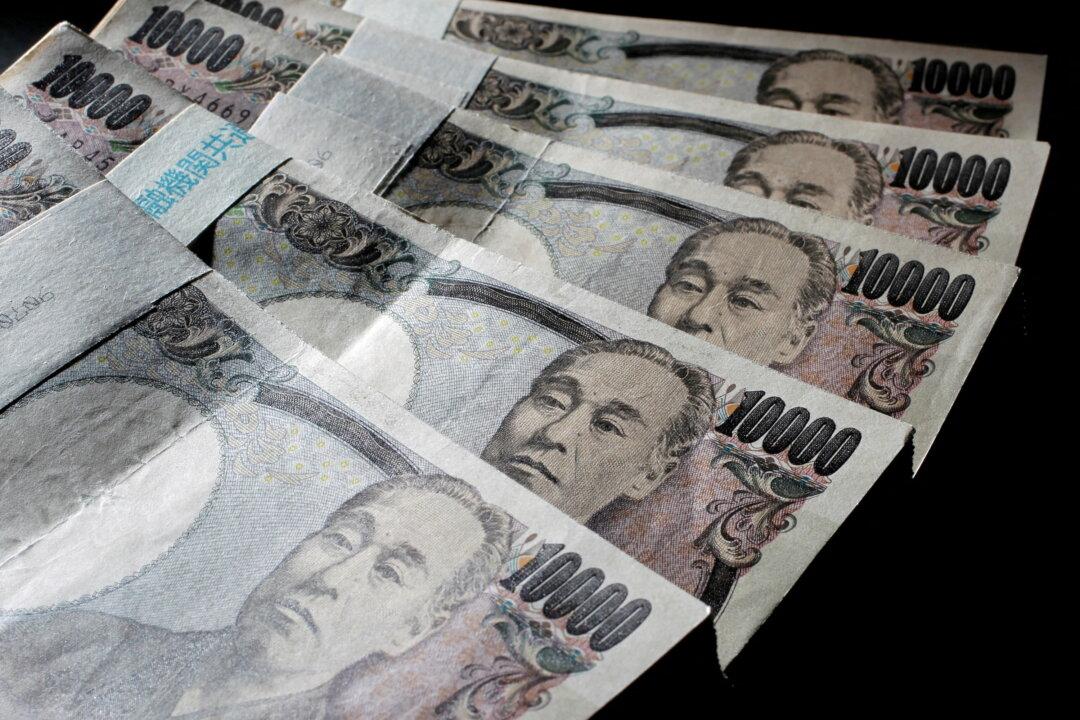The Bank of Japan (BOJ) said on Friday that it would keep monetary easing and ultra-low interest rates in place, despite the rapid fluctuations of the yen, which fell to 134.04 yen per dollar on Friday.
The BOJ said after its policy meeting ended on Friday that it would retain short-term interest rates at -0.1 percent while guiding the 10-year government bond yields to around 0 percent, Kyodo News reported.





